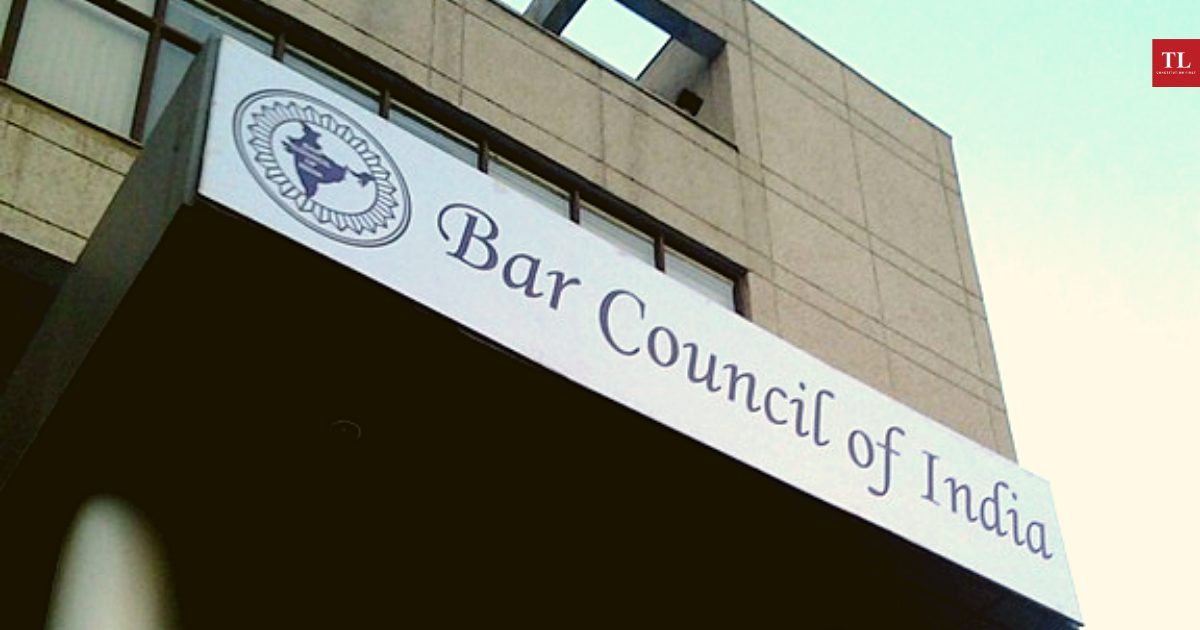A thin rope for solicitation in Indian legal fraternity

Introduction
In India, the legal profession is regarded as a noble practice, and lawyers are prohibited from advertising themselves. The practice of law, including the roles and responsibilities of lawyers and advocates, is governed by the Advocates Act, 1961 (Act) and the Bar Council of India (BCI) Rules. The BCI Rules specifically prohibit advocates from advertising or soliciting work, either directly or indirectly, and non-compliance with this rule is considered to be professional misconduct.
Recently, a writ petition[1] was filed in the Madras High Court (Court) highlighting the issue of advocates openly soliciting legal work on online service platforms, specifically Quikr India Pvt. Ltd., Sulekha.com, Just Dial and Grotal.com (Online Platforms), which is prohibited under the BCI Rules and the Act. This article analyses the Court’s decision and the subsequent BCI directives addressing the grey area of no-advertising policy for lawyers.
Facts
The writ petition was filed for the purpose of restraining Online Platforms from providing services wherein advocates openly solicit their legal work.
The manner of operation for such Online Platforms is such that, several services are listed on the web portal such as home services, B2B suppliers, commercial activities etc. One such listing is legal services, such as child adoption, civil lawyers, consumer court lawyers, corporate lawyers, divorce lawyers, marriage lawyers etc. Subsequently, several questions are posed to the user, including type and status of the case, service required, location, and such like. The user is then verified through an OTP verification system. Once verified, the user receives names of lawyers and/or law firms.
The provided names of lawyers and law firms are graded as “Platinum,” “Top Service Provider,” “Top Choice,” and “Premium.” Then, a message is received by the user from the Online Platforms as well as from the lawyers / law firms regarding the query posted by the user. Additionally, the lawyers / law firms go on to provide offers and discounted prices for their legal services.
By way of the petition, the said practice is questioned. It is stated that the Online Platforms are degrading the nature of profession and violating the rules of BCI Rules by indulging in (i) selling legal services for a price, (ii) grading lawyers / law firms without verified information leads to publishing false information, and (iii) taking commission for the purpose of grading widens inequality amongst lawyers who cannot afford to pay such commission.
Decision of the Court
The Court, while issuing a directive to BCI, laid down two reasons for holding that the services provided by Online Platforms are violative of Act and BCI Rules. The following was stated by the Court:
1. Legal service is neither a job nor a business.
In this regard, the Court has highlighted that legal profession is noble and the distinguishing feature lies in its spirit and character. Further, the lawyers owe a duty towards the client as well as the court and play an important role in justice delivery system. The Court stated that the “object of any business is profit but the sole object of the Legal profession is Justice. Truth and justice can never be traded”
2. Four-fold reasons for the no-advertising policy for lawyers.
The Court provided a fourfold rationale for the no-advertising policy for lawyers:
- Integrity and Nobility: The legal profession’s higher calling demands a different standard than mere business pursuits.
- Protecting the Public: Unregulated advertising could lead to misinformation and exploitation of vulnerable individuals seeking legal help.
- Ensuring Equality: Allowing advertising might create an unfair advantage for lawyers with deeper pockets, rather than those with the best skills.
- Upholding Professional Conduct: The true essence of legal practice lies in serving those in need, not in a cutthroat competition for clients.
While considering the Information Technology Act, 2000 and particularly the safe harbour provisions, the Court held that Online Platforms cannot rely on the same if the intermediary has conspired or abetted or aided or induced, whether by threats, promise or otherwise in commission of the unlawful act. In the present case, the manner of operation of Online Platforms makes it clear that Online Platforms are inducing users and are selling lawyers for a price by using unlawful procedures.
In light of this, the BCI was directed to:
- Issue circulars / notifications / guidelines to State bar Council to initiate disciplinary proceedings for misconduct against advocates advertising and / or soliciting work, whether directly or indirectly.
- Register complaint against such Online Platforms and intermediaries who indulge in advertising and solicitation.
- Remove all the content posted by Online Platforms in this regard.
- Take any appropriate action to remove such content.
Accordingly, the writ petition was allowed.
BCI’s Directive
In compliance with the above decision of the Court, the BCI issued a press release on 08 June 2024 to the State Bar Council, the following key directives:
- Disciplinary Proceedings: State Bar Councils must initiate disciplinary actions against advocates involved in unauthorized advertising or solicitation through online platforms.
- Complaints Against Online Platforms: The BCI will file complaints against online platforms facilitating illegal advertisements by advocates.
- Removal of Illegal Advertisements: Online Platforms must promptly remove all illegal advertisements related to legal services within the stipulated timeframe.
State Bar Councils are required to submit a compliance report by 10 August 2024, detailing actions taken. Non-compliance will lead to legal proceedings and penalties.
Our thoughts
The restrictions on advertising and solicitation in the Indian legal sector serve multiple purposes. Primarily, the aim is to maintain a level playing field among legal practitioners, recognizing the inherent economic disparities within the profession. Allowing unrestricted advertising could potentially exacerbate these inequalities, as wealthier lawyers or firms could dominate various advertising platforms, thereby gaining an unfair advantage over their less affluent colleagues. Furthermore, these restrictions acknowledge the potential for advertisements to mislead the public or spread misinformation, which could ultimately erode faith in the judicial process. Legal profession in India is viewed not as a competition for personal gain, but as a service to society.
Additionally, Indian legal system views lawyer-client relationship as one built on trust, expertise, and reputation, rather than on marketing or promotional activities. This approach aims to ensure that clients choose legal representation based on merit and suitability for their specific needs, rather than being swayed by persuasive advertising.
While these restrictions aim to maintain the integrity of the legal profession in India, they also present challenges in terms of outreach in an increasingly globalized digital world. Striking a balance between preserving the noble ideals of the profession and adapting to modern realities remains an ongoing debate in the Indian legal landscape.
The information contained in this document is not legal advice or legal opinion. The contents recorded in the said document are for informational purposes only and should not be used for commercial purposes. Acuity Law LLP disclaims all liability to any person for any loss or damage caused by errors or omissions, whether arising from negligence, accident, or any other cause.



